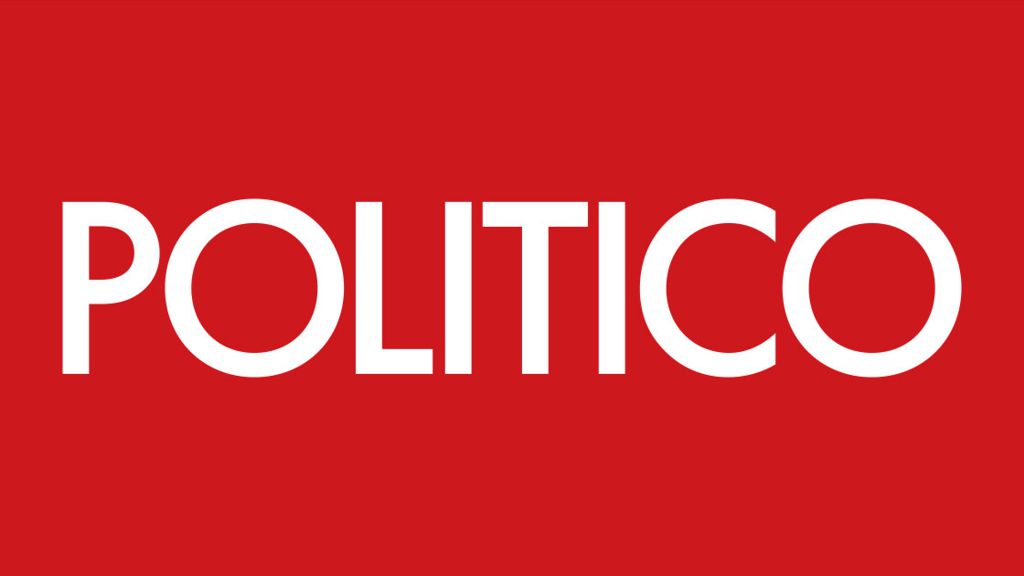The agency releases 175 documents that demonstrate history of regulatory resistance toward financial institutions pursuing the new currencies.
The Federal Deposit Insurance Corporation (FDIC) released 175 documents on Wednesday that reveal a history of regulatory resistance to crypto-related products and services.
Acting Chairman Travis Hill, who has been openly critical of the FDIC’s stance on cryptocurrency and blockchain, said in a statement that the agency is reassessing its approach.
“Previously, the FDIC released 25 so-called ‘pause’ letters sent to 24 institutions interested in pursuing crypto- or blockchain-related activities,” Hill said.
The documents disclosed internal communications showing that banks were “almost universally” met with extensive requests for further information, prolonged silence from regulators, and, in many cases, outright directives to suspend their crypto-related activities.
The acting chairman said these supervisory practices had contributed to a perception that the FDIC was effectively blocking any institutional involvement in blockchain or distributed ledger technology.
“Both individually and collectively, these and other actions sent the message to banks that it would be extraordinarily difficult—if not impossible—to move forward,” Hill stated.
The FDIC’s review, initiated under Hill’s leadership, marks a significant departure from the agency’s prior approach.
“Upon becoming Acting Chairman, I directed staff to conduct a comprehensive review of all supervisory communications with banks that sought to offer crypto-related products or services,” he said in the release.
“Our decision to release these documents reflects a commitment to enhance transparency, beyond what is required by the Freedom of Information Act (FOIA), while also attempting to fulfill the spirit of the FOIA request.”
He emphasized that the goal moving forward is to provide a clear regulatory framework that allows banks to engage in crypto-related activities while maintaining principles of safety and soundness.
As part of this shift, the FDIC plans to replace the Financial Institution Letter (FIL) 16-2022, released under the Biden administration, which mandated that banks notify the agency before engaging in any crypto-related activities.
That letter cited risks associated with crypto, including concerns over financial stability and liquidity and compliance with consumer protection laws. The FDIC’s latest stance, by contrast, suggests a move toward balancing risk management with financial innovation.
By Chase Smith






